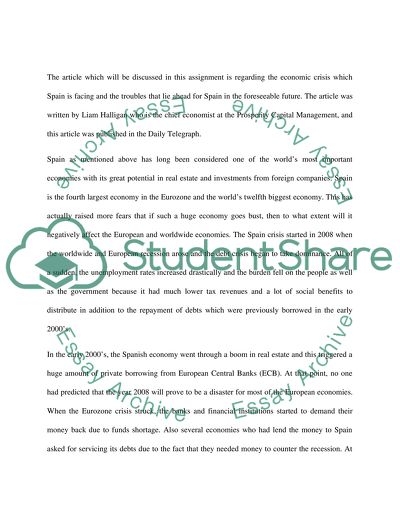Cite this document
(“Eurozone crisis roars back to savage Spain Article Analysis Essay”, n.d.)
Retrieved from https://studentshare.org/macro-microeconomics/1397091-article-analysis
Retrieved from https://studentshare.org/macro-microeconomics/1397091-article-analysis
(Eurozone Crisis Roars Back to Savage Spain Article Analysis Essay)
https://studentshare.org/macro-microeconomics/1397091-article-analysis.
https://studentshare.org/macro-microeconomics/1397091-article-analysis.
“Eurozone Crisis Roars Back to Savage Spain Article Analysis Essay”, n.d. https://studentshare.org/macro-microeconomics/1397091-article-analysis.


